Discomfort of Opinion
The only way to make sense out of change
is to plunge into it,
move with it,
and join the dance.
ALAN WATTS
Alan Watts Quotes. (n.d.). BrainyQuote.com. Retrieved January 5, 2024, from BrainyQuote.com Web site: https://www.brainyquote.com/quotes/alan_watts_386511
This quotation has a particular resonating truth for me.
No longer able to make sense of the changes in our world politics, a place where right is wrong, care and empathy toward others is oftentimes missing, where there feels as if there is more emphasis on the outrageous, unkind, and vindictive, I’ve often felt as if it would be better for my mental health to just say “The hell with it. Leave me alone.” Even though politically left-leaning, I’ve avoided offending by writing. I’ve self-edited and silenced myself.
Avoiding changes, leaning away from one’s truth made me feel like an imposter.
Is avoidance the best response to changes, even if that response comes from one tiny voice in a great big world? By shutting down my true response to uncomfortable changes in our world, my silence may have allowed me to avoid conflict with those who disagree. Doing so, I have not joined the dance. I’ve sat on the sidelines.
Like a wallflower.
Lately, with some much overdue perspective from a professional, I’ve been challenged to deal with my discomfort with change and my reluctance to join the dance. And so, this is the first step. I am plunging into changes, moving with it, no longer hiding for fear of committing an offense. Apologies in advance, but then again, I am not sorry.
I’ve been a listener. Now I need to join the dance.
——————————————
Recently, local news media was all ablaze with the proclamation that third grade students taking MCAS tests last spring were still “underperforming” in reading and math.(see end notes) So last year’s 2023 third grade students, were second graders in 2022, first graders in 2021 and kindergarteners in 2020. What else was going on in their world in 2020 that may have been distracting them from early literacy skills in particular and language acquisition? Oh right, a global pandemic. You know the one where schools were business-as-usual on an early March Thursday and shut down the next day? Teachers and students learned through virtual education for the remainder of the school year. And many classrooms were fully virtual or hybrid for good portions of the following year as well.
My educational colleagues (I retired in 2015), were inventing how to engage children, very young children, with developing attention spans, sometimes wonky access to technology, and adapting materials on the fly. Not just for a few days, or weeks or a partial year, but for a good number of important learning months. In my view, that circumstance alone is enough reason to question expectations of children whose early literacy experience was so different from “normal”. It is incredibly naive to think there was no negative impact.
And then let’s talk about how worries about a child’s housing or food security just might have been a distraction. Yup, kids pick up on family dynamics.
So when I hear people ready to disparage all of education based on a set of test scores from a set of students whose learning was affected by extraordinary circumstances, I wonder what the real issue might be. Certainly journalists, public policy makers, and edu-crats understand that a global pandemic’s effects might have a basis in what happened in the period or years before a high-stakes test. And that the recovery may take multiple years.
How incredibly discouraging it must be to have come through all of the wild adaptations of 2020, 2021, and have a single assessment deem one “under performing”! Yes, there needs to be a deep dive into what education – including all of the stakeholders – needs to change in order to close the gaps in learning caused by losses incurred during the Covid years.
That small- and large-scale changes are needed to remediate those learning losses is crystal clear. In 30 years in the classroom, I never met one educator satisfied with the status quo, myself included. There is always a yearning to do better, to ensure that each student’s learning potential is attained, no matter what the subject area.
Instead of yapping headlines and finger pointing about incompetence, there should always be room for looking at the antecedent – the events that came before – and considering their impact.
End Notes:
“These 275 Massachusetts schools were identified as needing state assistance or intervention” (Sep 21, 2023)
“MCAS scores are still well below pre-pandemic levels” (Sep 21, 2023)

 Did you happen upon KQED's interview with San Francisco educator, Michael Essien, principal of MLK Middle School? If not,
Did you happen upon KQED's interview with San Francisco educator, Michael Essien, principal of MLK Middle School? If not, 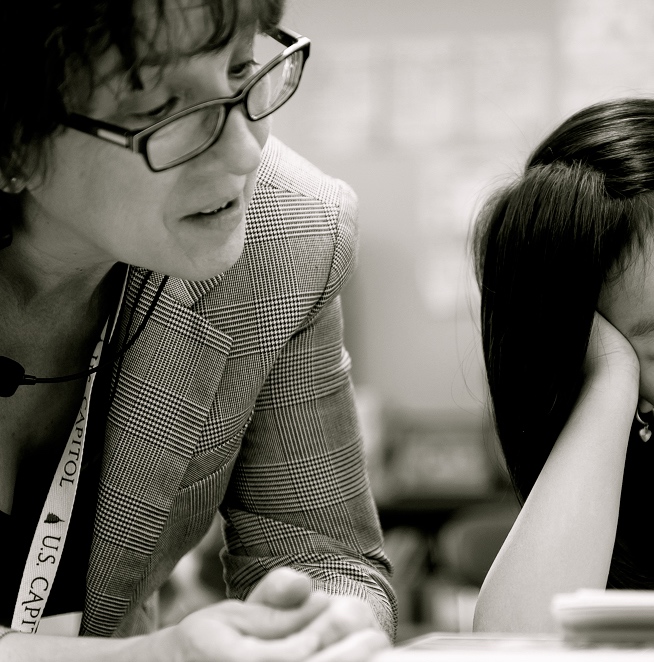 I started reading
I started reading  Our good friend and UTL president Paul Georges shared this article with me this morning: "
Our good friend and UTL president Paul Georges shared this article with me this morning: " Two stories from the education world caught my attention this week, and I feel that both are worth the time to read. The first story, Why Teachers Quit by Liz Riggs, is a cautionary tale from 2013 about teachers and burn-out. The second, Silicon Valley Courts Brand-Name Teachers, Raising Ethics Issues is by Natasha Singer of the New York Times. It is a warning for anyone who worries about the possible effects of corporate America's influence in schools and school materials.The Atlantic recently reposted Liz Riggs' 2013 article
Two stories from the education world caught my attention this week, and I feel that both are worth the time to read. The first story, Why Teachers Quit by Liz Riggs, is a cautionary tale from 2013 about teachers and burn-out. The second, Silicon Valley Courts Brand-Name Teachers, Raising Ethics Issues is by Natasha Singer of the New York Times. It is a warning for anyone who worries about the possible effects of corporate America's influence in schools and school materials.The Atlantic recently reposted Liz Riggs' 2013 article  Is STEM the only thing? I'm asking for a friend.It occurs to me that in the rush to turn out worker bees for business sectors, the focus in education is more than a little skewed in favor of science, technology, engineering and mathematics. Yes, these are all important studies and part of a well-rounded balanced education. However, I am questioning that the focus on STEM has over-shadowed other content and curricula that, in my biased opinion, should be equally important.Because I see education in terms of an avenue toward a pursuit, observing the march of the bureaucrats toward the next great crisis in education is equally frustrating and alarming. Our educational goal should be to "hook" students into becoming life-long students, to foster curiosity and questioning and the drive to know more.And maybe that pathway toward becoming lifetime learners is through a STEM discipline, and perhaps it is not.As a student, my personal pathway into learning was through something quite different. I was a more-than-adequate reader, not a particularly skilled writer, and a horribly incompetent math student. What fired me up to become more disciplined about learning and more successful as a student, was a love and pursuit of music. The irony of this statement is that, as an adult, music has taken a backseat to the very disciplines that catch all the attention today - technology and mathematics.To me, it is more important to teach students to think critically, to process logically and, yes, even scientifically. Science, math, and technology are important and great ways to get to those problem-solving and thinking skills. But other disciplines can be a means to this end - and toward the goal of fostering and enduring desire to learn - too. And for the student whose interest in learning lies in arts and humanities, exclusion of such pursuits leave them flat.So while our education policy makers direct a refocus on science, technology, engineering, and mathematics, I hope there might also be a similar pursuit of arts and humanities. Because, in my opinion, there is a need to balance educational pursuits across all disciplines.
Is STEM the only thing? I'm asking for a friend.It occurs to me that in the rush to turn out worker bees for business sectors, the focus in education is more than a little skewed in favor of science, technology, engineering and mathematics. Yes, these are all important studies and part of a well-rounded balanced education. However, I am questioning that the focus on STEM has over-shadowed other content and curricula that, in my biased opinion, should be equally important.Because I see education in terms of an avenue toward a pursuit, observing the march of the bureaucrats toward the next great crisis in education is equally frustrating and alarming. Our educational goal should be to "hook" students into becoming life-long students, to foster curiosity and questioning and the drive to know more.And maybe that pathway toward becoming lifetime learners is through a STEM discipline, and perhaps it is not.As a student, my personal pathway into learning was through something quite different. I was a more-than-adequate reader, not a particularly skilled writer, and a horribly incompetent math student. What fired me up to become more disciplined about learning and more successful as a student, was a love and pursuit of music. The irony of this statement is that, as an adult, music has taken a backseat to the very disciplines that catch all the attention today - technology and mathematics.To me, it is more important to teach students to think critically, to process logically and, yes, even scientifically. Science, math, and technology are important and great ways to get to those problem-solving and thinking skills. But other disciplines can be a means to this end - and toward the goal of fostering and enduring desire to learn - too. And for the student whose interest in learning lies in arts and humanities, exclusion of such pursuits leave them flat.So while our education policy makers direct a refocus on science, technology, engineering, and mathematics, I hope there might also be a similar pursuit of arts and humanities. Because, in my opinion, there is a need to balance educational pursuits across all disciplines. This past Tuesday, June 6, 2017, Secretary Betsy DeVos gave testimony in front of the Senate Appropriations Subcommittee on Labor, Health and Human Services, Education and Related Agencies. An overview of Secretary DeVos' testimony can be found on mlive
This past Tuesday, June 6, 2017, Secretary Betsy DeVos gave testimony in front of the Senate Appropriations Subcommittee on Labor, Health and Human Services, Education and Related Agencies. An overview of Secretary DeVos' testimony can be found on mlive  Huffington Post published a blog entry by Gay Groover Christmus recently that resonated with me as a retired educator who taught pre-
Huffington Post published a blog entry by Gay Groover Christmus recently that resonated with me as a retired educator who taught pre-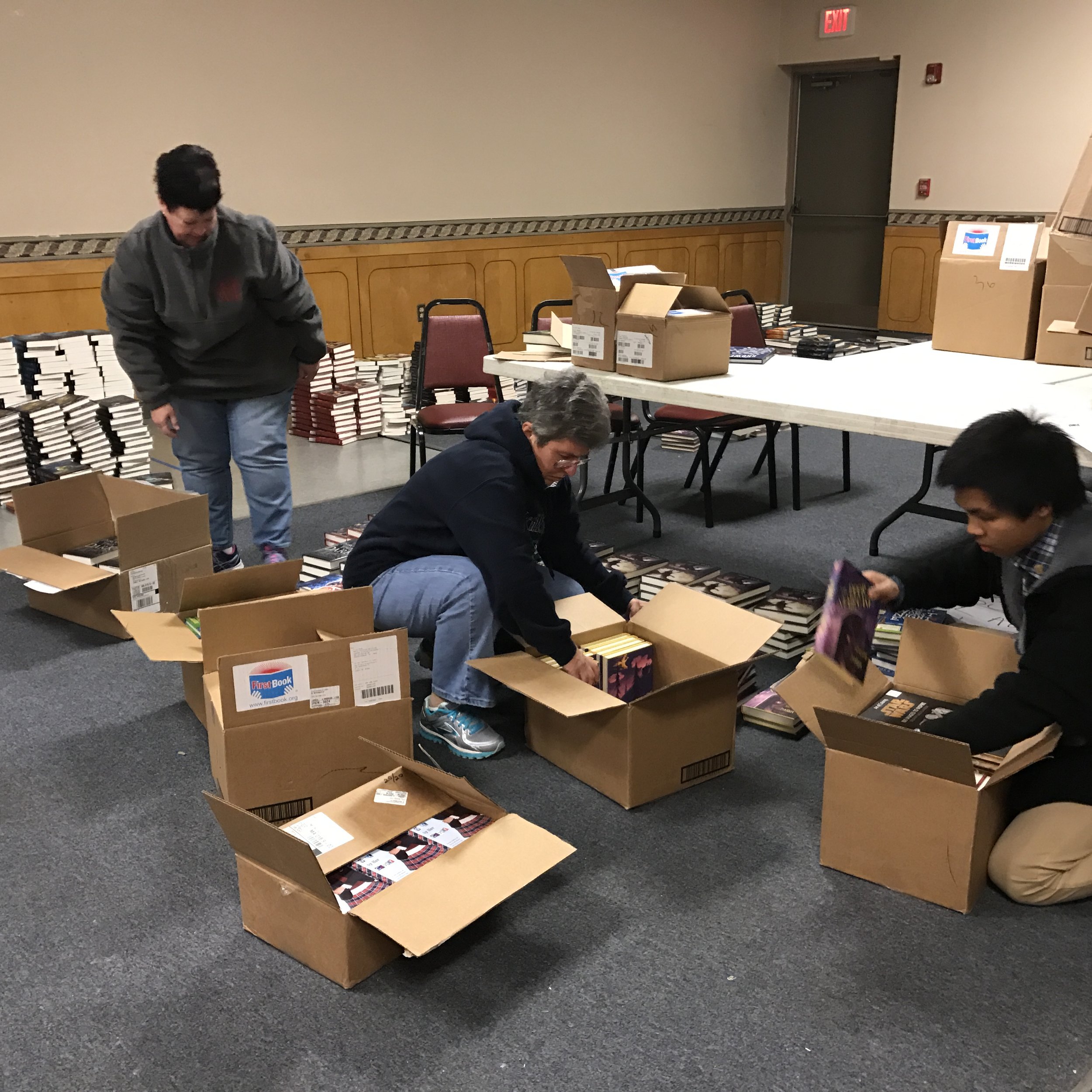 Within the past week, our United Teachers of Lowell organized and hosted a FirstBook "Books on Wheels" event where over 2000 students and their families received free books. As we sorted and organized 40,000+ books, we heard about a fire in a near-by Lawrence school, the Bruce School, and the impact of the loss on students, teachers and classrooms. What could we do to help? Hearing that the destruction impacted 7th and 8th grade classrooms, we set aside over 500 books from our event to donate to the Bruce School. The books were selected by Lowell middle-school teachers working to unpack pallets, boxed up by students and educators who were volunteering at our event, and picked up on Saturday - our event's distribution day - by the Principal of the Bruce School and the Lawrence Schools COO. One would think this would be a feel-good moment. Not so fast.We sent a press release
Within the past week, our United Teachers of Lowell organized and hosted a FirstBook "Books on Wheels" event where over 2000 students and their families received free books. As we sorted and organized 40,000+ books, we heard about a fire in a near-by Lawrence school, the Bruce School, and the impact of the loss on students, teachers and classrooms. What could we do to help? Hearing that the destruction impacted 7th and 8th grade classrooms, we set aside over 500 books from our event to donate to the Bruce School. The books were selected by Lowell middle-school teachers working to unpack pallets, boxed up by students and educators who were volunteering at our event, and picked up on Saturday - our event's distribution day - by the Principal of the Bruce School and the Lawrence Schools COO. One would think this would be a feel-good moment. Not so fast.We sent a press release  It is back-to-school time here in the City in which I taught for nearly 30 years. You can sense the anticipation in the breezes that flow down the Merrimack. There is an almost unidentifiable change to the air. We are changing seasons; we are changing routines.I loved the first day of school when I was teaching. Make no mistake about it, those first days - and oftentimes weeks - are exhausting as teachers and their new students work to find common ground and to build a community. The first day, the day when everyone wears a little vulnerability in anticipation of new things, the first day is special. And for every teacher who starts rebuilding a new community of learners today, I wish you the best.My mind floods with the memories of some of those wonderfully special students who made the 30 first days that I was privileged to be part of special. So many unique personalities! You kids have enriched my life in ways I could never have imagined.In 1990, I was returning to the classroom after a summer of health crises. I remember the exhaustion that year was not from teaching, but from treatments. Dragging my sorry self into a classroom filled with second graders was not only teacher-exhausting, it was physically and mentally exhausting. Yet every single morning, one of my bubbly, precious second graders, Anita, would throw her arms into the air and tell me "Mrs. Bisson, you look mahvelous today!" Now I know the reality was, I didn't look even close to passable most days. Some mornings, Anita's greeting was the one thing that kept me moving forward. A few years later, this special girl lost her own battle with cancer - and took a piece of my heart with her to heaven.All of "my" kids whether you are grown with your own children or still in the middle of schooling, I am grateful to every single one of you. You challenged me to do better, to figure it out, and yet, every day you taught me something about making the most of our time here in our classroom community and on this earth. All those times when you thought I was teaching you, you were really teaching me.Students are meeting their teachers once again today. May you all have a year filled with precious moments and memory-making. Cherish each moment as you build a lifetime of memories.
It is back-to-school time here in the City in which I taught for nearly 30 years. You can sense the anticipation in the breezes that flow down the Merrimack. There is an almost unidentifiable change to the air. We are changing seasons; we are changing routines.I loved the first day of school when I was teaching. Make no mistake about it, those first days - and oftentimes weeks - are exhausting as teachers and their new students work to find common ground and to build a community. The first day, the day when everyone wears a little vulnerability in anticipation of new things, the first day is special. And for every teacher who starts rebuilding a new community of learners today, I wish you the best.My mind floods with the memories of some of those wonderfully special students who made the 30 first days that I was privileged to be part of special. So many unique personalities! You kids have enriched my life in ways I could never have imagined.In 1990, I was returning to the classroom after a summer of health crises. I remember the exhaustion that year was not from teaching, but from treatments. Dragging my sorry self into a classroom filled with second graders was not only teacher-exhausting, it was physically and mentally exhausting. Yet every single morning, one of my bubbly, precious second graders, Anita, would throw her arms into the air and tell me "Mrs. Bisson, you look mahvelous today!" Now I know the reality was, I didn't look even close to passable most days. Some mornings, Anita's greeting was the one thing that kept me moving forward. A few years later, this special girl lost her own battle with cancer - and took a piece of my heart with her to heaven.All of "my" kids whether you are grown with your own children or still in the middle of schooling, I am grateful to every single one of you. You challenged me to do better, to figure it out, and yet, every day you taught me something about making the most of our time here in our classroom community and on this earth. All those times when you thought I was teaching you, you were really teaching me.Students are meeting their teachers once again today. May you all have a year filled with precious moments and memory-making. Cherish each moment as you build a lifetime of memories. All presentThis was a lengthy (2-3/4 hours) meeting due to not only the summer schedule of monthly meetings, but the financial topics that became the focus of discussion. Apologies in advance for the delay in getting notes out; I also presented information about First Book to the Committee (separate post to follow).Permissions to EnterContract ratifications for the Superintendent and Assistant Superintendents were deferred to Executive Session, which followed the public portion this meeting.Subcommittee Reports:Mr. Gendron shared findings from the Facilities Subcommittee meeting of 8/11. The recommendation, followed by full School Committee approval, to name the Butler School Auditorium in honor of former administrator Mary Alice Foley was made. (Approved). Additionally Skanska, the Project Manager for the Lowell High School Building Project, presented a quarterly report of the work thus far and listed deadlines and timeline for the projected planning work needed to be accomplished ahead of a May 31, 2017 Mass. School Building Deadline.While I understood this to be a huge construction project for the City of Lowell, I was unaware that the LHS Building Project is the largest school building project in the Commonwealth. There is a need to get the design “right” (sustainable with adaptability for future needs projected 20-30 years out) and to ensure that the costs are under control throughout all phases of the project. The Project Manager, Skanska, is charged with this task and will work with the design team. To view the timeline for the work that is envisioned, Sanska has provided details beginning around page 73 of the
All presentThis was a lengthy (2-3/4 hours) meeting due to not only the summer schedule of monthly meetings, but the financial topics that became the focus of discussion. Apologies in advance for the delay in getting notes out; I also presented information about First Book to the Committee (separate post to follow).Permissions to EnterContract ratifications for the Superintendent and Assistant Superintendents were deferred to Executive Session, which followed the public portion this meeting.Subcommittee Reports:Mr. Gendron shared findings from the Facilities Subcommittee meeting of 8/11. The recommendation, followed by full School Committee approval, to name the Butler School Auditorium in honor of former administrator Mary Alice Foley was made. (Approved). Additionally Skanska, the Project Manager for the Lowell High School Building Project, presented a quarterly report of the work thus far and listed deadlines and timeline for the projected planning work needed to be accomplished ahead of a May 31, 2017 Mass. School Building Deadline.While I understood this to be a huge construction project for the City of Lowell, I was unaware that the LHS Building Project is the largest school building project in the Commonwealth. There is a need to get the design “right” (sustainable with adaptability for future needs projected 20-30 years out) and to ensure that the costs are under control throughout all phases of the project. The Project Manager, Skanska, is charged with this task and will work with the design team. To view the timeline for the work that is envisioned, Sanska has provided details beginning around page 73 of the 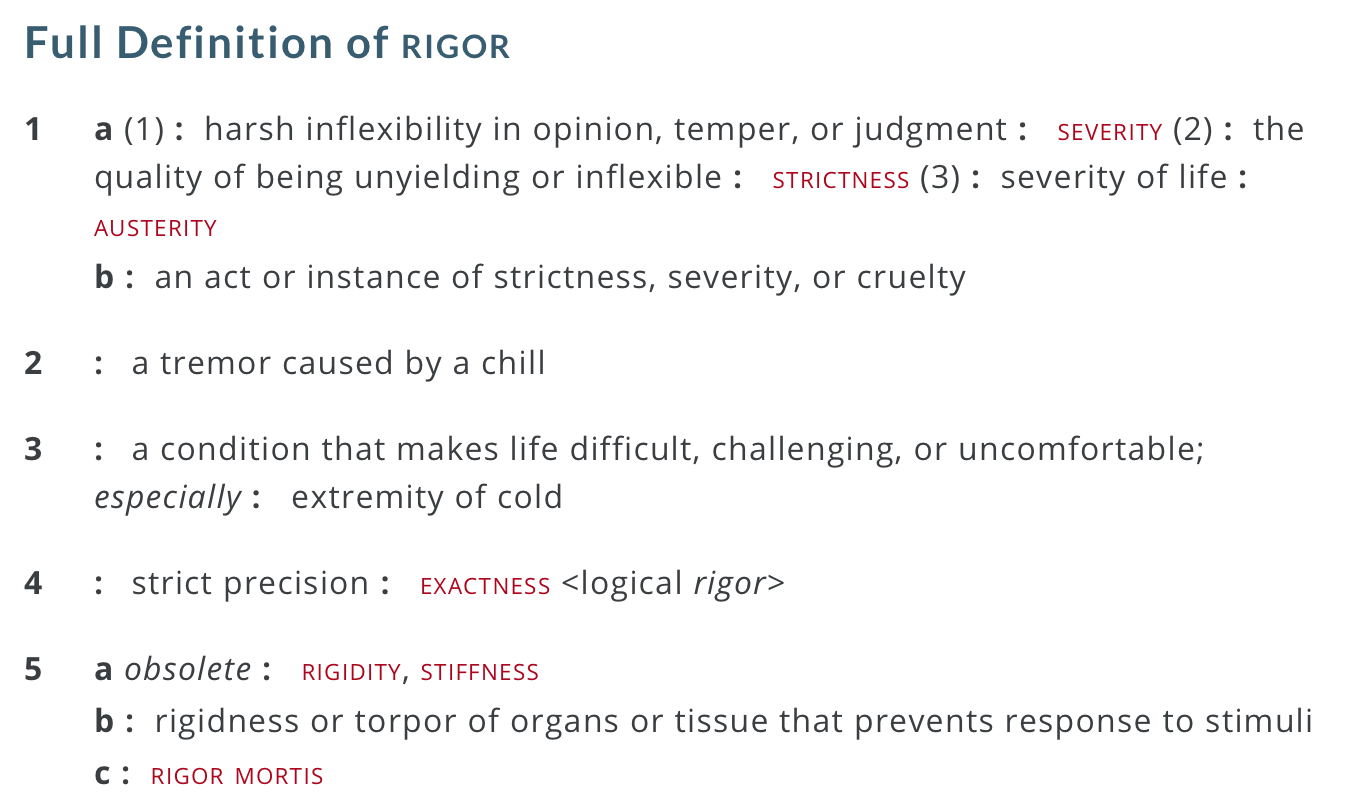
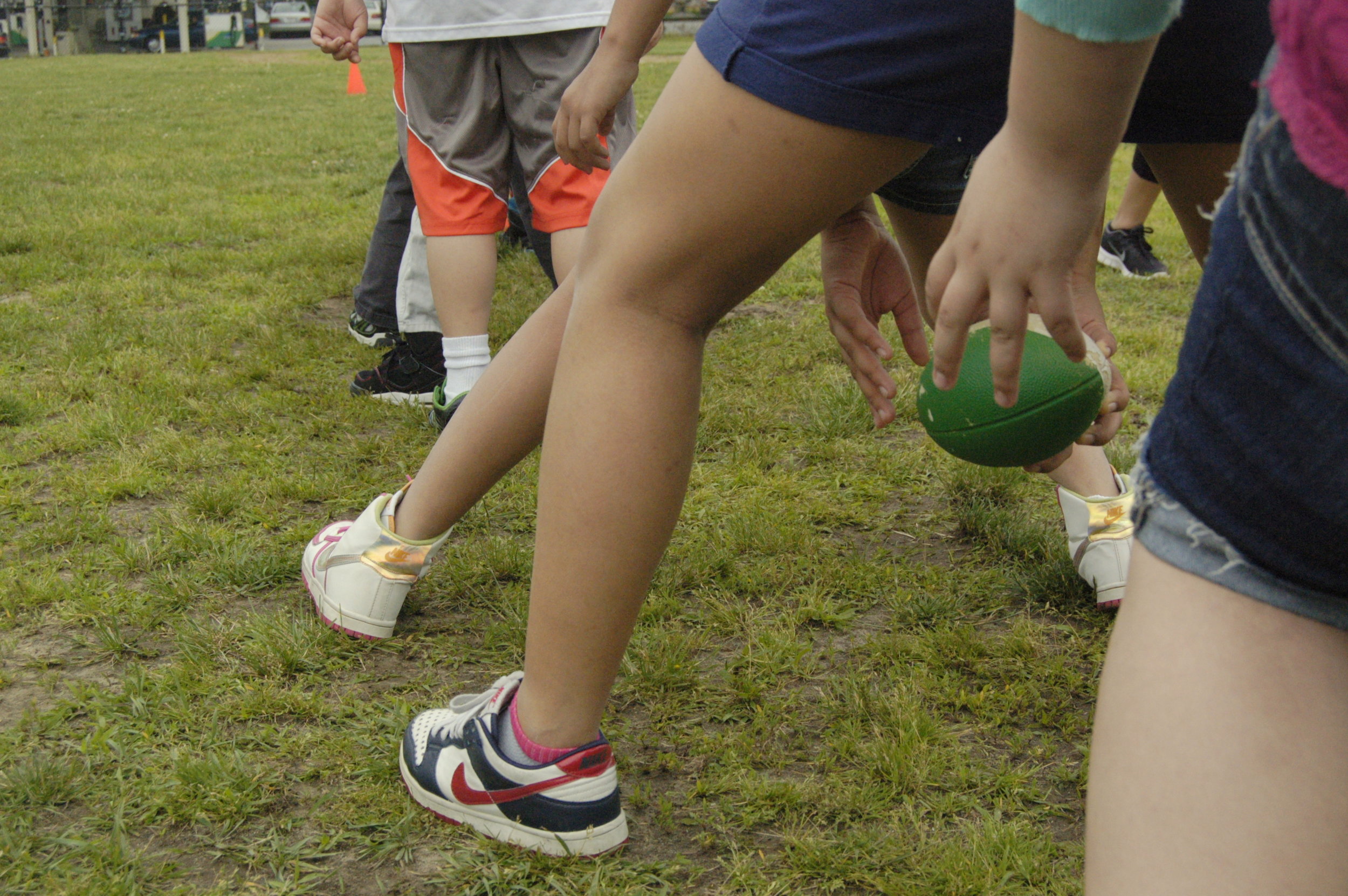 Put yourself back in elementary school and imagine your reaction to a classmate calling you a name or hurting your feelings through action or word. Would you speak up or would you allow that hurt to fester and grow into something more significant? Would you feel listened to? And if you caused the hurt would you recognize it as such?In our adult conversation, do we listen - really listen - to each other even when the conversation is difficult? I am not so sure any more. Maybe what we adults could use is a refresher course in conflict resolution.Ruth Sidney Charmey, author of
Put yourself back in elementary school and imagine your reaction to a classmate calling you a name or hurting your feelings through action or word. Would you speak up or would you allow that hurt to fester and grow into something more significant? Would you feel listened to? And if you caused the hurt would you recognize it as such?In our adult conversation, do we listen - really listen - to each other even when the conversation is difficult? I am not so sure any more. Maybe what we adults could use is a refresher course in conflict resolution.Ruth Sidney Charmey, author of 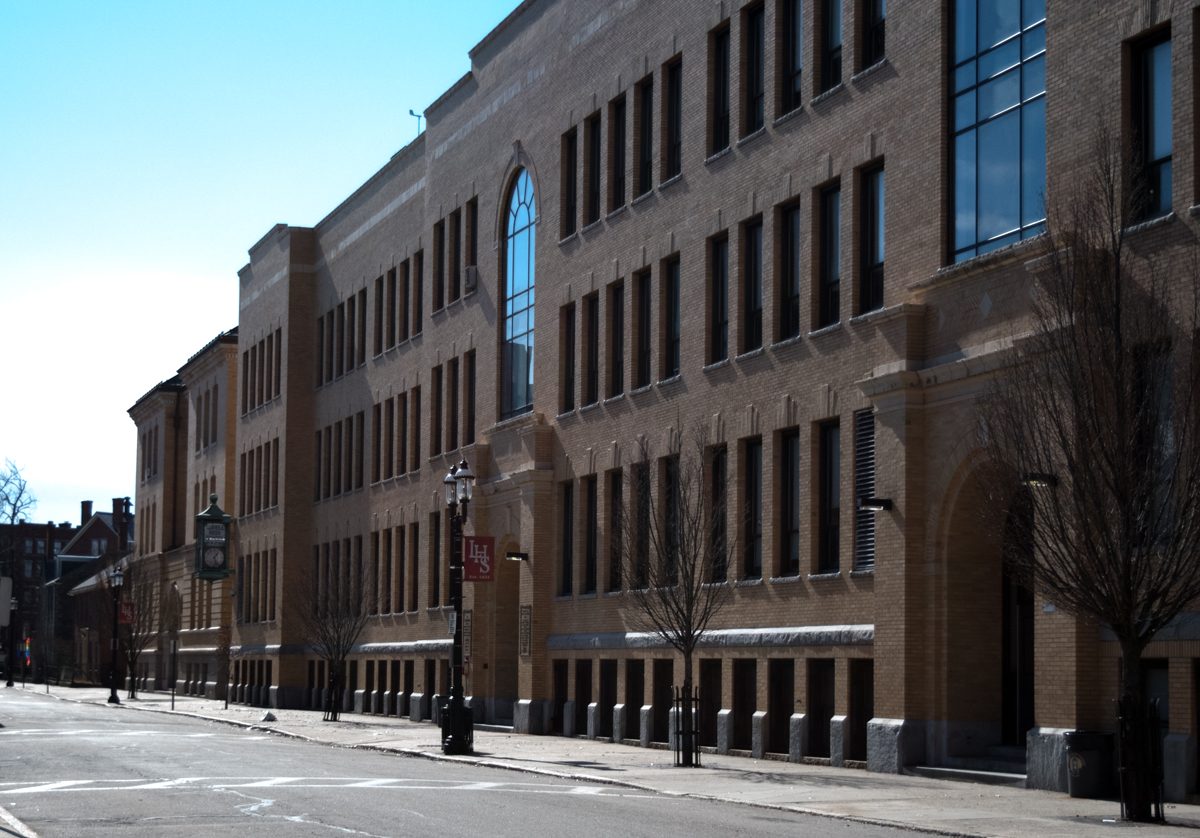 Recently, the
Recently, the 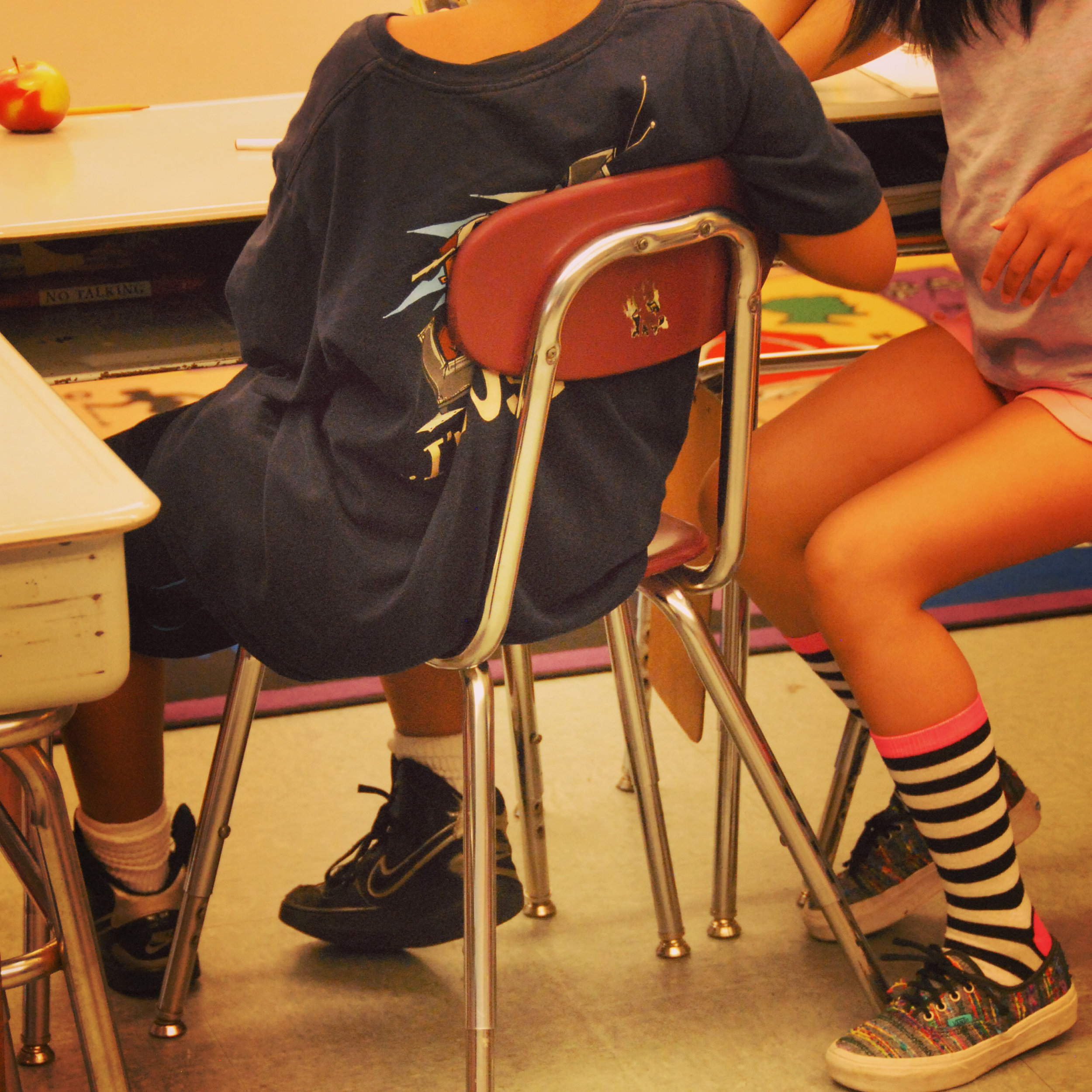 The New York Times carried an interesting story about Kansas conservatives and the effort to demonize education even further through
The New York Times carried an interesting story about Kansas conservatives and the effort to demonize education even further through